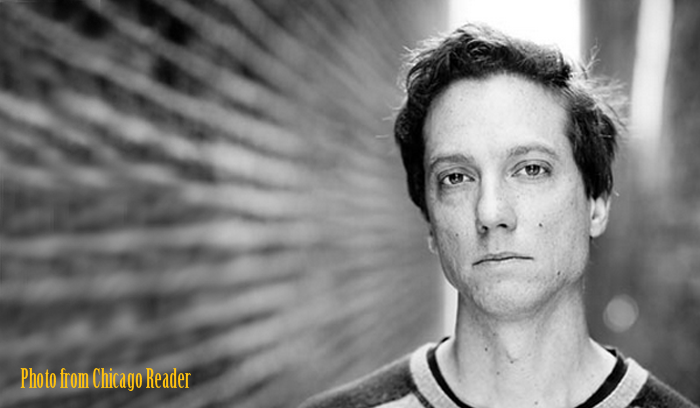The Chicago Afrobeat Project describes its sound as a sort of concoction of flavors. Take Ben & Jerry’s ice cream for example. The group members said their genre is like a juxtaposition of Rocky Road and French Toast with a hint of mint.
“It’s a sound that people will latch onto,” said keyboardist Kevin Ford. “It is dance music that Chicago [and other cities] embrace pretty readily.”
The Chicago-based group’s sound can be understood better in an abstract way, he said, because genre titles become blurred as music evolves and styles intertwine. Trying to describe music has become a challenge for bands similar to his, he said, because of the many influences that come together to produce something innovative.
The Afrobeat Project will perform at 9 p.m. on Saturday at the Yacht Club, 13 S. Linn St. Admission is $10.
Traditional afrobeat was brought to the United States from Nigeria by the legendary Fela Kuti, who is a unanimous favorite artist and big influence among members of the group. Garrick Smith, who plays baritone saxophone, said it is a danceable, hypnotic mix of traditional African with James Brown funk.
Kuti is the “father of afrobeat,” and he coined the term and propagated the sound with the help of his sons, Ford said.
The seven musicians who will play at Yacht club play a variety of instruments that contribute to the dance energy of the crowd. The group is made up of Angelo Garcia on saxophone, Squairblaq on vocals, Smith, David Glines on guitar, Ford, Geoff Shell on bass, and Ricardo Gonzales on drums. The group travels with anywhere from seven to 15 guys at a time, depending on the musicians’ availability and the venue.
Rotating the members such as drummers and bass players for different performances demonstrates why the band calls itself a “project.”
“We are trying to work with a bunch of different people,” Smith said. “It is an ever-growing entity as far as the music goes, adding special guests, working with other groups.”
The group formed in 2002, and the members said they got into the afrobeat scene as it took off in the early 2000s. Afrobeat groups that have a following of fans on tour might be scarce, but the afrobeat influence is seeping into other genres such an indie rock. Take Vampire Weekend for example.
“It is a trend that’s been growing in larger-market cities,” Squairblaq said.
While a lot of musicians stick to an original interpretation of afrobeat, what makes the Chicago Afrobeat Project stand out is its ability to take different elements from many genres and interject it into the original afrobeat sound.
“We don’t allow ourselves to be confined by what is the convention of the music,” Squairblaq said.
The band tours all over the nation at venues ranging from nightclubs to lofts to festivals, colleges, and large venues.
Squairblaq said he wants to encourage music lovers who have never heard of afrobeat to come out to the show. He said that even if people don’t know a lot about music or afrobeat, the style will make listeners want to dance.
“[Everyone] comes out to dance and have a good time,” he said.

